E-commerce Growth
The Food Contract Manufacturing Market is witnessing a transformative shift due to the rapid growth of e-commerce platforms. With the increasing popularity of online grocery shopping, manufacturers are adapting their distribution strategies to leverage this trend. Data suggests that online grocery sales are projected to exceed 100 billion by 2025, indicating a substantial opportunity for food contract manufacturers. This shift not only enhances accessibility for consumers but also encourages manufacturers to optimize their supply chains and packaging solutions for e-commerce. As a result, food contract manufacturers are likely to enhance their digital presence and invest in logistics to meet the demands of this evolving market.
Health and Wellness Trends
The Food Contract Manufacturing Market is significantly influenced by the rising health and wellness trends among consumers. There is an increasing preference for organic, natural, and functional foods that promote better health outcomes. Recent statistics indicate that the organic food market is expected to reach a valuation of over 300 billion by 2025, reflecting a shift in consumer priorities. This trend compels food contract manufacturers to innovate and reformulate products to align with health-conscious consumer demands. As a result, manufacturers are likely to invest in research and development to create healthier alternatives, thereby positioning themselves favorably within the competitive landscape.
Innovation in Packaging Solutions
The Food Contract Manufacturing Market is experiencing a wave of innovation in packaging solutions, driven by consumer preferences for sustainability and convenience. Manufacturers are increasingly adopting eco-friendly packaging materials and designs that not only preserve product quality but also appeal to environmentally conscious consumers. Recent trends indicate that the sustainable packaging market is projected to grow at a rate of 5% annually, highlighting the importance of packaging in consumer purchasing decisions. This shift compels food contract manufacturers to collaborate with packaging suppliers to develop innovative solutions that align with sustainability goals, thereby enhancing their competitive edge in the market.
Rising Demand for Convenience Foods
The Food Contract Manufacturing Market is experiencing a notable surge in demand for convenience foods. As consumers increasingly seek ready-to-eat and easy-to-prepare meal options, manufacturers are adapting their offerings to meet these preferences. According to recent data, the convenience food segment is projected to grow at a compound annual growth rate of approximately 4.5% over the next five years. This trend is driven by busy lifestyles and the growing number of working professionals who prioritize time-saving solutions. Consequently, food contract manufacturers are likely to expand their production capabilities to cater to this evolving consumer behavior, thereby enhancing their market presence and competitiveness.
Regulatory Compliance and Food Safety
The Food Contract Manufacturing Market is heavily influenced by stringent regulatory compliance and food safety standards. Governments worldwide are implementing more rigorous regulations to ensure food safety and quality, which impacts manufacturing processes. Compliance with these regulations is essential for manufacturers to maintain their market position and consumer trust. Recent data indicates that the food safety testing market is expected to grow significantly, reflecting the increasing emphasis on quality assurance. Consequently, food contract manufacturers are likely to invest in advanced testing technologies and quality control measures to adhere to these regulations, thereby enhancing their operational efficiency and market credibility.


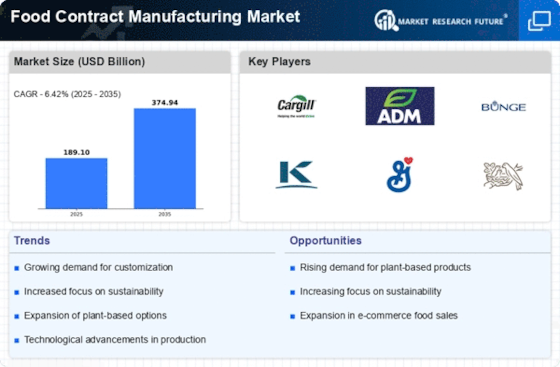
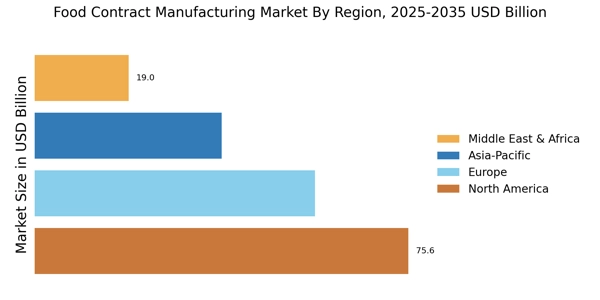

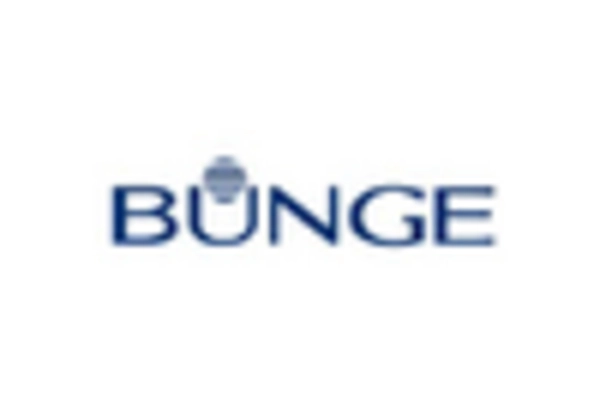

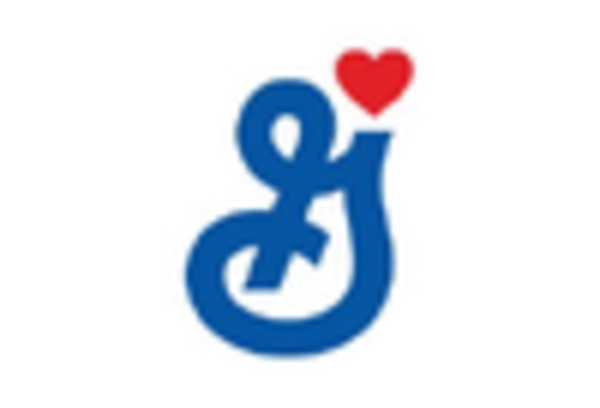
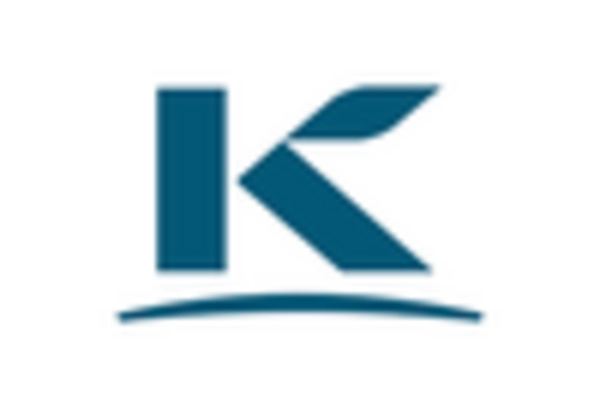









Leave a Comment